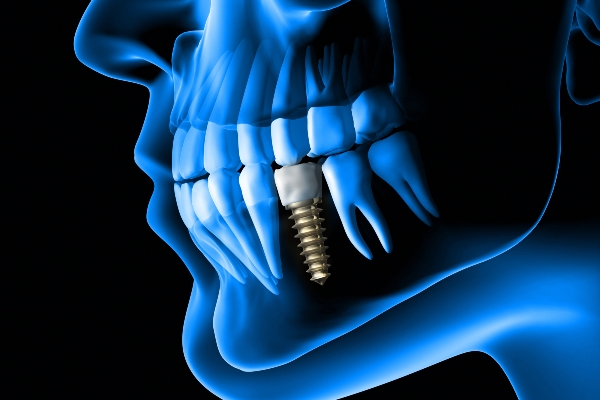Oral Surgery for Sleep Apnea

Sleep apnea is a health condition that leads a person's breathing to stop periodically during sleep, and it can have serious health consequences when left untreated. Sleep apnea is often caused by muscles in the throat relaxing and collapsing into the airways during sleep. When it stops a person's breathing, their body wakes up to restore their breathing. This makes it impossible for people with sleep apnea to get quality sleep.
The consequences of sleep apnea not being treated include health problems like high blood pressure and a variety of mental problems like anxiety.
Surgical treatments for sleep apnea
Surgical treatments are typically used as a last resort when other treatments like oral appliances, CPAP devices and lifestyle changes have failed. The most popular surgical treatments used to address sleep apnea include:
- Radiofrequency volumetric tissue reduction (RFVTR): This option is typically explored when a CPAP machine is not a viable option. It involves using radiofrequency waves to remove or shrink tissues in the back of the patient's throat, widening their airway. This treatment can also be used to address snoring
- Uvulopalatopharyngoplasty: This surgical option involves removing tissues from the back of the mouth or the top of the throat that might be blocking the patient's airways during sleep
- Maxillomandibular advancement: Also known as jaw repositioning surgery, it involves surgically moving the jaw forward so there is more space behind the tongue
- Anterior inferior mandibular osteotomy: During this treatment, the patient's chin bone is divided into two parts, creating space for the tongue to move forward. This opens up the person's airways while stabilizing their mouth and jaw. This procedure is often combined with other surgical treatments to improve its effectiveness
- Genioglossus advancement: During this surgical procedure, the tendons at the front of the patient's tongue are tightened. This prevents the tongue from rolling back and interfering with breathing during sleep
- Midline glossectomy and base-of-tongue reduction: During this procedure, a portion of the back of the patient's tongue is removed, expanding their airway. It is one of the most effective surgical treatments used to address sleep apnea, with a success rate of over 60%
- Lingual tonsillectomy: This involves removing the patient's tonsils and the tonsillar tissue at the base of the tongue. The procedure is performed to open up the lower areas of the throat, opening up the airways
- Septoplasty and turbinate reduction: This procedure is performed to straighten out the nasal septum, which straightens out the nasal cavities, making it easier for the person to breathe during sleep
- Hypoglossal nerve stimulator: During this procedure, a small electrode is connected to the main nerve that controls the tongue's movement, known as the hypoglossal nerve. The electrode is connected to a pacemaker-like device and it stimulates the tongue to move out of the way when it blocks the airway during sleep
Put sleep apnea behind you
Contact our Troy clinic today if you are struggling with sleep apnea. Our team of dental health professionals will help you explore your treatment options.
Request an appointment here: https://www.thanasasdds.com or call Thanasas Family Dental Care at (248) 260-2878 for an appointment in our Troy office.
Check out what others are saying about our services on Yelp: Read our Yelp reviews.
Recent Posts
Dental implants are an increasingly popular choice for individuals with missing or damaged teeth. They offer a variety of benefits over traditional dentures or bridges. However, they can also come with challenges, and not everyone will benefit from the procedure. This article will explore the pros and cons of dental implants to help you make…
Dental implants can bring back stability and aesthetic value to your mouth. Losing at least one tooth can affect your appearance. It can also affect the way you interact with other people. Getting implants is a big decision. That is why you need to know what the procedure entails. Here are the things you should…
A healthy smile requires a lifetime of care. Your family dentist can start looking after your teeth from a young age and continue through adulthood. Two visits a year are recommended for professional cleanings and thorough checkups, but it is also critical that you incorporate appropriate daily oral hygiene steps to prevent problems from occurring…
Dental implants are an effective replacement for missing and damaged teeth. There are, however, some factors that may cause implants to fail. If you have noticed the signs of failing implants — such as severe pain, trouble chewing, and gum inflammation — it is important to consult a dentist to curb the problem. This article…


